Overview
Course name: LTE Basics
Duration: 1 Day
Requirements: Fundamentals of wireless communication.
Overview: Third Generation HSPA and HSPA+ systems have gained huge popularity among the subscribers along the years. The popularity of these systems is predicted to increse almost exponentally in the coming years. Existing HSPA the systems have met and are still meeting the evergrowing challenges and requirements quite well. However, to take the next step in the wireless cellular communication the specification of a new All-IP based systems was released officially in 2008. Now these Long Term Evolution (LTE) systems are starting to emerge in commercial use as well. The purpose of this course is to cover basics of LTE, successor of HSPA systems, also referred as 3.9G or 4G.
Objective: After the course the trainees will have general level understanding of the fundamentals related to LTE. This includes deployment and specification status; evolved LTE architecture, protocols, layers and channels, radio resource management, VoIP solutions and many more.
Schedule and content
(excluding coffee and lunch breaks)
INTRODUCTION
Warm up (30 mins)
Trainer, company and trainee introduction, discussion and assignment related to cellular network issues, challenges and how those could be addressed in general and in terms of LTE. Contents and objectives for the course.
Background (45 mins)
LTE Deployment (press releases from operators and device manufacturers), evolution of 3GPP Technologies vs. WiMAX, LTE Specification Schedule, LTE Requirements.
LTE ARCHITECTURE
Core architecture (30 mins)
UE, enhanced NodeB, MME, etc. Flat architecture concept and comparison to GSM/HSPA core, System architecture evolution (SAE).
Protocol architecture (40 mins)
Layer Structure in Downlink and Uplink, Non-Access Stratum (NAS), Radio Resource Control (RRC), Packet Data Convergence Protocol (PDCP), Medium Access Control (MAC).
LTE Physical layer (15 mins)
OFDMA, SC-FDMA
Channels (15 mins)
Logical, transport and physical channels.
RADIO RESOURCE MANAGEMENT
Theory behind radio resource management (1 hour)
Hybrid ARQ, Channel Quality Indicator (CQI), Link Adaptation, Packet scheduling, Uplink Power control, mobility and handovers
VoIP (20 mins)
Challenges, VolGA, CS fallback
WRAP UP
Performance Snapshots (10 mins)
LTE SE vs. meeting the targets, LTE vs. Wimax, LTE VoIP
Discussion and recap (20 mins)
Learnings of the day, key findings, what’s to expect in the future, feedback

